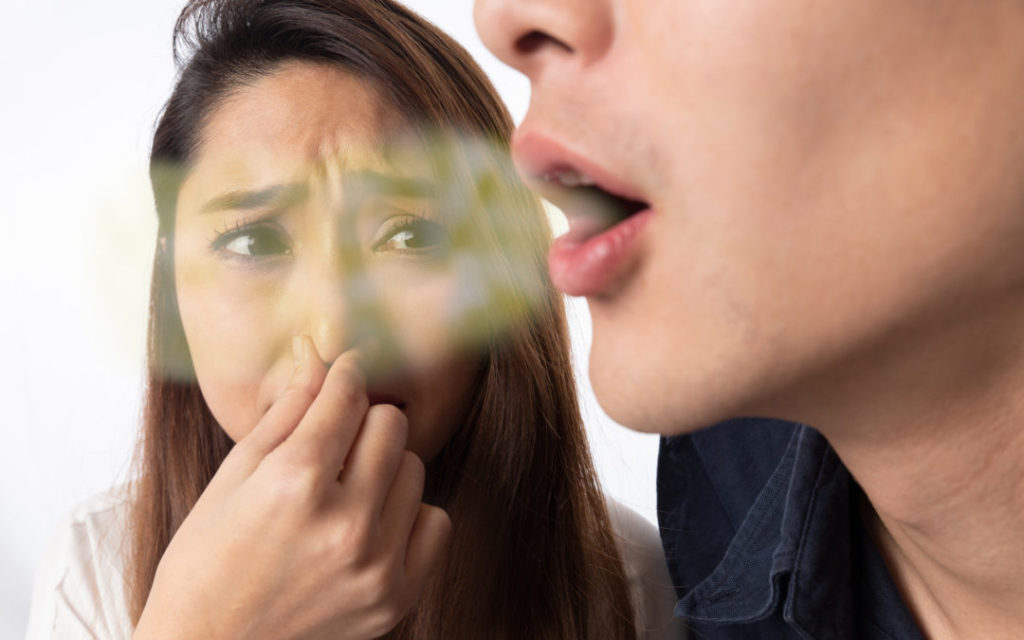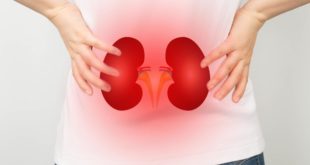
Bad breath, or halitosis, is a common issue that can affect anyone, regardless of their looks or overall health. It’s an uncomfortable condition that can hinder social interactions and confidence. Maintaining oral hygiene is crucial for reducing bad breath, preventing cavities, and lowering the risk of gum disease. If your dentist suspects another health issue contributing to your bad breath, they may refer you to a primary healthcare provider or specialist.
Dental Treatments for Bad Breath
For mouth-related causes, your dentist can offer various treatments:
Mouth Rinses and Toothpastes
If plaque buildup is causing bad breath, your dentist might recommend a mouth rinse that eliminates bacteria. An antibacterial toothpaste may also be suggested to combat plaque and freshen your breath.
Treatment of Dental Disease
Gum disease can create pockets between the gums and teeth that harbor bacteria, sometimes requiring professional cleaning. If you have gum disease, your dentist might refer you to a periodontist. Faulty fillings that harbor bacteria might also need replacement to prevent bad breath.
Lifestyle and Home Remedies
To manage or prevent bad breath, consider these tips:
1. Brush After Eating
Keep a toothbrush at work for use after meals. Brush with fluoride toothpaste at least twice daily, particularly after meals. Antibacterial toothpaste can also help reduce bad breath by eliminating bacteria.
2. Floss Daily
Flossing removes food particles and plaque from between teeth, helping control bad breath. Make it a daily habit to ensure thorough cleaning.
3. Brush Your Tongue
Bacteria can accumulate on your tongue, leading to bad breath. Brushing your tongue or using a tongue scraper can help reduce odors and improve your breath.
4. Clean Dental Appliances
Clean bridges, dentures, retainers, and mouth guards thoroughly as directed by your dentist. These appliances can harbor bacteria if not properly cleaned.
5. Stay Hydrated
Avoid tobacco, and drink plenty of water. Limit caffeine, spicy foods, and alcohol, as they can dry out your mouth. Chewing gum or sucking on sugarless candy can stimulate saliva production, which helps wash away food particles and bacteria. For persistent dry mouth, a healthcare provider might prescribe artificial saliva or medication to increase saliva flow.
6. Adjust Your Diet
Avoid foods like onions and garlic that cause bad breath. Reducing sugary food intake can also help, as sugar is linked to bad breath.
7. Replace Your Toothbrush
Change your toothbrush every 3 to 4 months, or sooner if it becomes frayed. Use a soft-bristled toothbrush for gentle yet effective cleaning.
8. Regular Dental Checkups
Visit your dentist regularly, typically twice a year, for checkups and cleanings. Regular dental visits help maintain oral health and identify potential issues that could cause bad breath.
Bad breath can be a source of discomfort and embarrassment, but it is manageable with proper oral hygiene and lifestyle changes. By following these tips and seeking professional dental care when needed, you can maintain fresh breath and improve your overall oral health. Remember, if bad breath persists despite your best efforts, it’s essential to consult with a healthcare provider to rule out any underlying health issues.
 GhArticles.com Every News in Detail
GhArticles.com Every News in Detail



